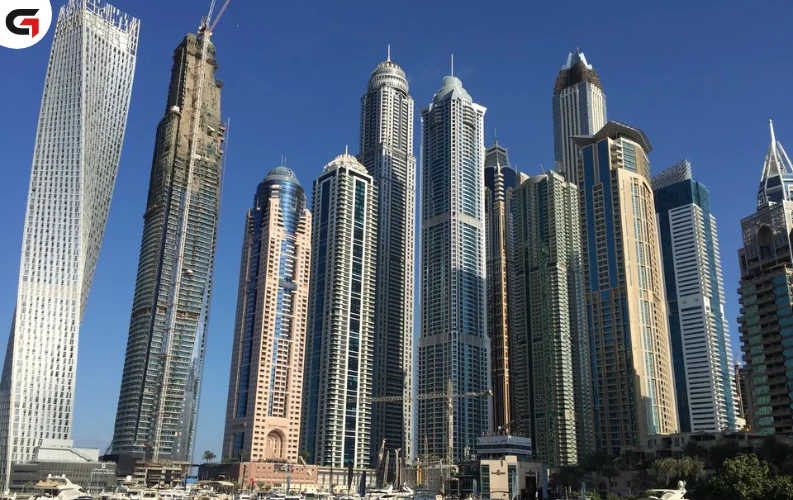As European countries continue to tighten regulations on short-stay rentals, Dubai’s holiday home market is emerging as a key beneficiary, drawing fresh investment from global landlords and property funds.
Following Spain’s latest decision to slash 66,000 Airbnb listings and earlier restrictions in Greece, real estate experts say investors are redirecting capital into Dubai’s growing short-term rental sector — a market already valued for its returns and regulatory clarity.
“When Greece imposed limits last year, we saw a direct uptick in investor interest in Dubai. The same pattern is repeating now with Spain,” said Vinayak Mahtani, CEO of bnbme, a Dubai-based holiday home property manager.
A Rules-Based, Investor-Friendly Market
Dubai currently has between 30,000–40,000 short-stay properties, a figure dwarfed by its 130,000 hotel rooms and serviced apartments. Crucially, the city’s clear legal framework — enforced by the Dubai Department of Economy and Tourism — has made it one of the most regulated and transparent short-term rental markets globally.
“From the early 2000s, Dubai laid the foundation for an investor-friendly model by ensuring developers couldn’t block short-stay rentals unless explicitly stated in contracts,” Mahtani added. “That’s the kind of clarity investors are looking for.”
European Pullbacks Fuel Dubai Momentum
Short-stay restrictions in tourist-heavy cities like Athens and Barcelona are often driven by concerns over over-tourism and local housing affordability. But for Dubai, these cutbacks elsewhere create an opportunity.
“Airbnb is growing in Dubai, especially as restrictions tighten abroad,” said Anna Skigin, co-founder of Frank Porter. She estimates the market currently hosts over 30,000 listings and expects this figure to rise, especially post-summer.
Stable Regulation, Strong Returns
The short-stay model remains lucrative in Dubai, even as some landlords shift toward traditional one-year leases amid rising renewal rates of 5–15%. Yet short-term rental yields still outperform in many cases.
Sabine El Najjar, CCO at Silkhaus, emphasized that Dubai’s proactive regulation and private sector collaboration ensure market stability. “There’s no uncertainty for operators or investors,” she said. “The UAE prioritizes both guest safety and investor clarity.”
With new apartment handovers expected through the end of 2025, Dubai’s rental market — both short-term and long-term — appears well-positioned for sustained growth.
“If an investor was considering Spain or Greece for Airbnb income, that capital is now flowing into Dubai,” said Mahtani. “And the market is more than capable of absorbing it.”




















